What is needed for a valuation?
Date
18 April 2018
Share

When you decide to finance or refinance a piece of equipment you may be required to have it valued as part of the terms of the loan.
Formal valuations are not required in every instance. For example, if you’re buying from a dealership or a registered equipment sales company, their invoices are seen to be fair market value, so a valuation is not necessary.
However, if you’re buying privately or refinancing an existing loan, a valuation is usually needed.
Funders differ in their requirements – banks usually want formal valuations, whereas some finance companies have internal valuation options. Either way, it’s often dependent on the loan-to-value ratio (LVR) of the asset (how much of the machine’s value are you borrowing); the age of the gear – or more importantly, how many kilometres has it done or hours it has worked; and the type and location of the asset.
Some funders will also specify the valuation is to be undertaken by an approved valuer.
If your financier does require a formal valuation, the equipment will need to be inspected. They will look at the age and condition of the asset, its serial number and model, and check its hours or kilometres (whichever is appropriate), and so on, to help determine an accurate market value for it.
If you are looking to buy or refinance an older machine, talk through the process and its requirements with your business partner at Finance New Zealand.
Similar Posts
12 January 2026
Asset & Equipment Finance LVRs
Purchasing new vehicles, machinery, or equipment often raises one key question: how much deposit is required? The answer depends on more than just the asset. It comes down to LVRs (Loan to Value Ratio's), structure, and lender, policy & appetite. This article explains how asset and equipment finance LVRs work in New Zealand, and why advice matters.

27 November 2025
The Bottom of the Cycle? What the OCR Cut Means for 2026
Shifting interest rates are reshaping the way businesses finance equipment, vehicles and growth. Understanding these changes can help you make smarter, better-timed funding decisions.


Page Links
Contact us
Finance New Zealand Limited L11 BDO Tower, 19-21 Como Street, Takapuna, Auckland 0622 PO Box 65164, Mairangi Bay 0754 T: (09) 222 0320E: info@financenz.co.nzMember of


Proud Sponsors of Auckland Rescue Helicopter Trust
Copyright Finance New Zealand Ltd 2026



